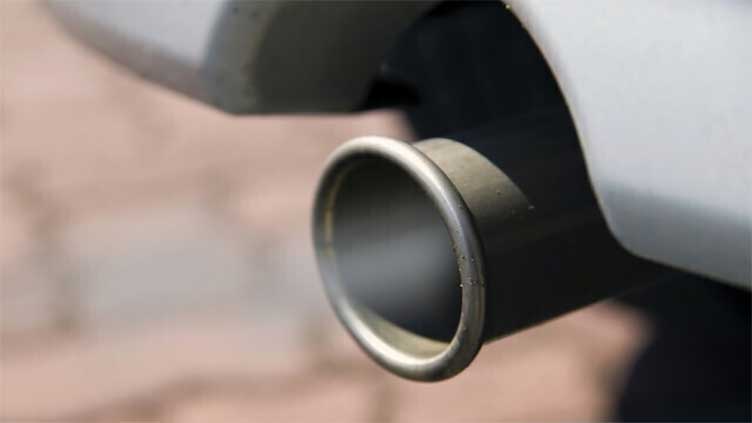Germany threatens to hold up EU's combustion-engine car ban

Technology
Critics say battery-electric technology is a better fit for passenger cars.
BERLIN (AP) — Germany’s transport minister said Tuesday that his country won’t back a planned European Union ban on the sale of new cars with combustion engines from 2035, after failing to get assurances from the bloc’s executive for an exemption on synthetic fuels.
EU lawmakers and member states reached a preliminary deal last year that would force carmakers to reduce new car emissions by 55% in 2030 relative to 2021 levels, and by 100% in 2035. The plan, which is part of the bloc’s effort to reduce its greenhouse gas emissions, effectively means that the sale of new cars which burn hydrocarbon-based fuels such as petroleum would be banned.
Some countries, such as Germany, had asked the EU’s executive Commission to come up with an exemption for cars that burn so-called e-fuels, arguing that they can be produced using renewable energy and carbon captured from the air, so they wouldn’t spew further climate-changing emissions into the atmosphere.
German Transport Minister Volker Wissing said the Commission hadn’t made a proposal, so Germany would refrain from supporting the ban.
Wissing said synthetic fuels need to be produced in large amounts as soon as possible to meet the demand from cars sold before 2035, as well as from heavy goods vehicles, ships and planes.
“The EU Commission should propose a regulation that allows combustion engines to be registered after 2035 if they can verifiably only be fueled with synthetic fuels,” he told reporters in Berlin.
The issue has driven an ideological wedge within the government between Wissing’s libertarian Free Democratic Party and the environmentalist Green party, which backs a complete ban on combustion engines.
Germany’s main opposition party, the centre-right Union bloc, also opposed an EU-wide ban on combustion engine vehicles, warning that it would harm the country’s prized auto industry.
Critics say battery-electric technology is a better fit for passenger cars and precious synthetic fuels should be used only where no other option is feasible, such as aviation.

